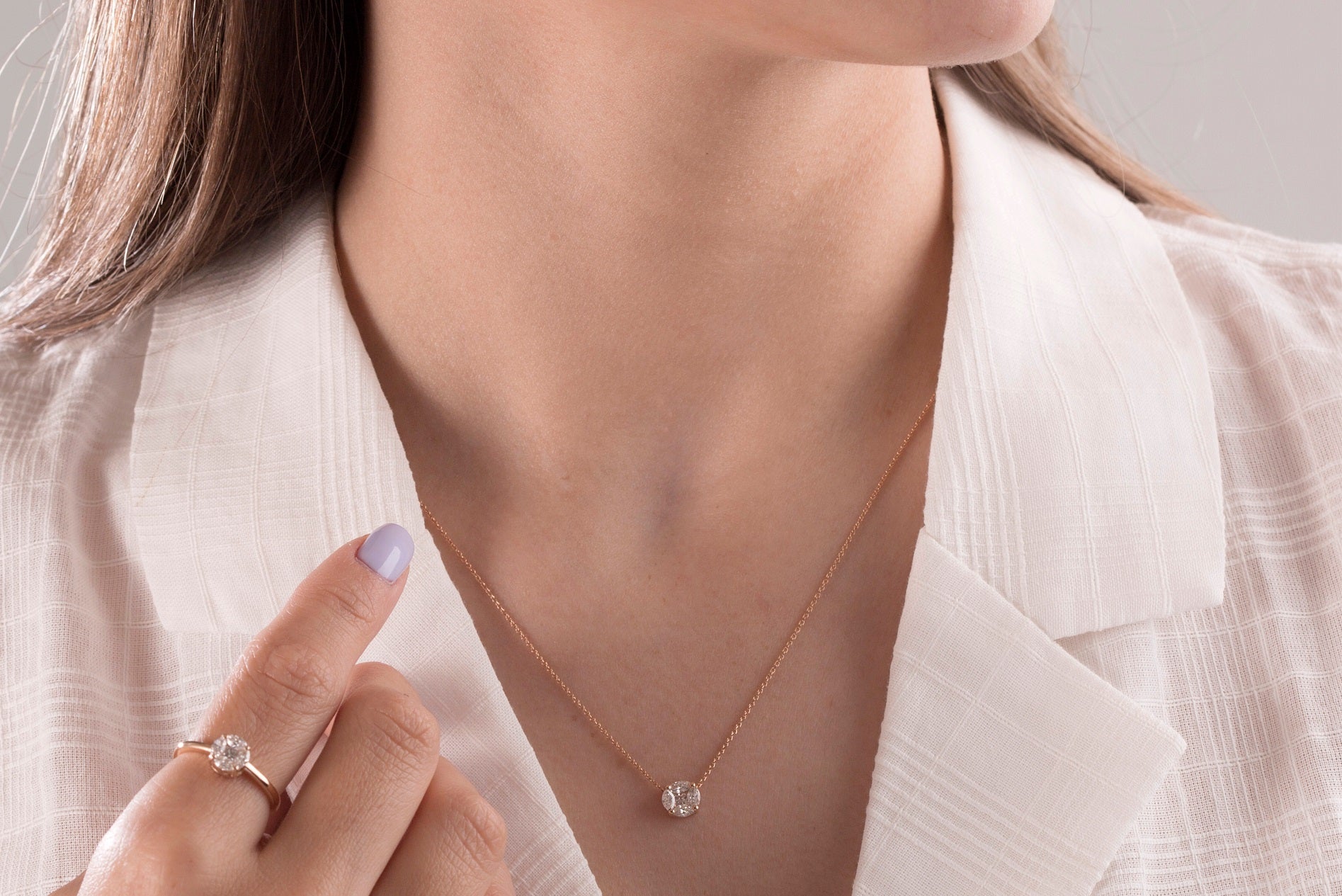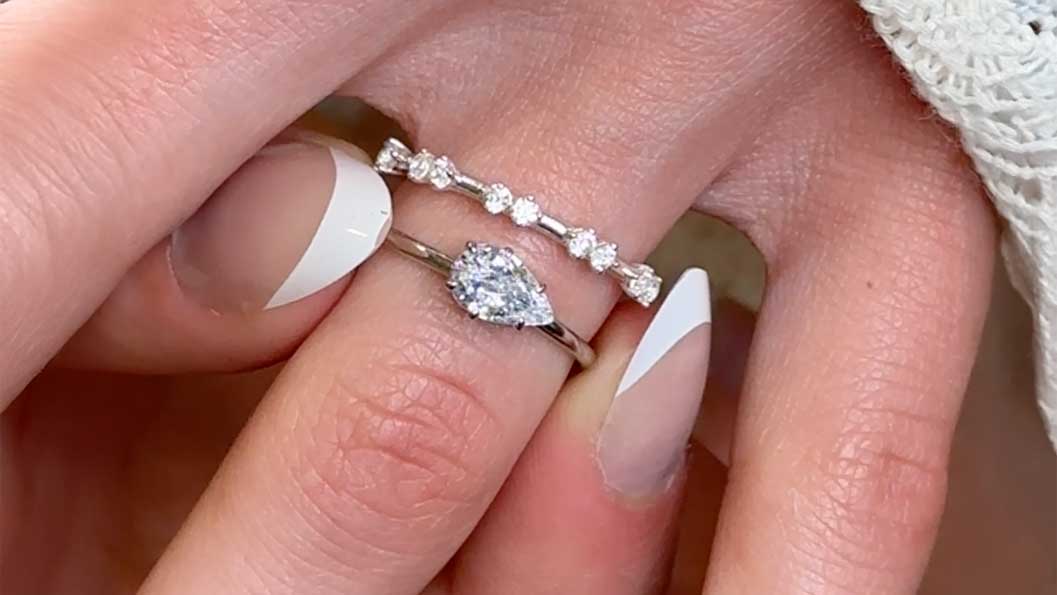When it comes to hearing aids, the choice of power source is an important factor that can impact both your convenience and the performance of the device. Rechargeable and disposable hearing aids are the two primary options available today, and each comes with its own set of advantages and considerations. If you’re considering investing in hearing aids, it’s crucial to understand the differences between these two options to make an informed decision that suits your lifestyle and needs.
In this article, we will compare rechargeable hearing aids with disposable hearing aids, helping you weigh the pros and cons of each and decide which is the best fit for you.
How Rechargeable Hearing Aids Work
Rechargeable hearing aids are powered by built-in batteries that can be charged daily. These hearing aids often come with a charging case that you can use to recharge the device overnight. The most common rechargeable batteries used in hearing aids are lithium-ion or nickel-metal hydride (NiMH), both of which offer long-lasting power.
Advantages of Rechargeable Hearing Aids:
Convenience: You don’t have to worry about changing tiny batteries every few days. Simply place your hearing aids in their charging case at night, and they’ll be ready to use the next day.
Cost-Effective Over Time: Although rechargeable hearing aids can have a higher initial price, you’ll save money in the long run because you won’t need to buy replacement batteries.
Environmentally Friendly: Rechargeable batteries are more eco-friendly since they reduce waste. Disposable batteries contribute to more plastic and chemical waste, which is harmful to the environment.
Long Battery Life: Many modern rechargeable hearing aids offer a full day of use on a single charge, making them ideal for those who wear their hearing aids for extended periods.
Considerations for Rechargeable Hearing Aids:
Initial Cost: Rechargeable hearing aids are typically more expensive upfront than their disposable counterparts due to the advanced technology involved.
Charging Time: Depending on the model, it may take several hours to fully charge your hearing aids. However, most hearing aids offer a quick charge option that gives several hours of use in just 30 minutes of charging.
How Disposable Hearing Aids Work
Disposable hearing aids, also known as battery-powered hearing aids, use small, replaceable batteries to power the device. These batteries are typically zinc-air batteries that need to be replaced every few days or weeks, depending on the model and the frequency of use. The most common battery sizes for hearing aids are 10, 13, and 312.
Advantages of Disposable Hearing Aids:
Lower Initial Cost: Disposable hearing aids tend to have a lower initial cost compared to rechargeable models, making them a more affordable option upfront.
No Need for Charging: Disposable hearing aids don’t require a charging station. You simply replace the battery when it runs out, which some people find more convenient than having to charge their device each night.
Lightweight and Compact: Disposable hearing aids are generally smaller and lighter than rechargeable models, which can make them more comfortable for some users.
Considerations for Disposable Hearing Aids:
Ongoing Cost of Batteries: While disposable hearing aids are cheaper initially, the cost of replacing batteries over time can add up. If you wear your hearing aids daily, you may need to buy new batteries regularly, which can be a recurring expense.
Environmental Impact: Disposable batteries can create environmental waste, as they are not reusable and need to be disposed of properly.
Battery Life: The small batteries used in disposable hearing aids tend to have a shorter lifespan, requiring you to replace them every few days to a week, which might be inconvenient for some users.
Key Differences Between Rechargeable and Disposable Hearing Aids
Let’s take a closer look at the key differences to help you decide which type of hearing aid best fits your lifestyle:
| Feature | Rechargeable Hearing Aids | Disposable Hearing Aids |
| Initial Cost | Higher | Lower |
| Ongoing Costs | No ongoing costs for batteries | Ongoing costs for replacement batteries |
| Convenience | Easy to charge overnight, ready for use in the morning | Requires battery replacement every few days/weeks |
| Battery Life | Long-lasting, typically a full day on one charge | Shorter battery life, needs frequent replacement |
| Environmental Impact | More eco-friendly, less waste | Generates more waste due to disposable batteries |
| Suitability for Active Users | Ideal for users who wear hearing aids all day | Suitable for users who wear hearing aids less frequently or want to avoid the hassle of charging |
Which One is Right for You?
The choice between rechargeable and disposable hearing aids ultimately depends on your lifestyle, budget, and preferences. Here are a few things to consider:
For Active Users: If you wear your hearing aids throughout the day and want the convenience of never having to worry about changing batteries, rechargeable hearing aids may be the right choice. They’re particularly useful for people who are always on the go and don’t want the hassle of replacing batteries.
For Budget-Conscious Users: If you’re looking for a more affordable option upfront and don’t mind replacing the batteries regularly, disposable hearing aids might be a better fit. They’re also a great option if you don’t wear your hearing aids every day and don’t need to worry about frequent battery changes.
For Environmental Considerations: If you’re environmentally conscious, you may prefer rechargeable hearing aids, as they reduce the waste associated with disposable batteries.
Finding Hearing Aids in Jaipur
If you’re in Jaipur and looking for hearing aids, you’ll find a variety of options to suit your needs. Many hearing aid centers in Jaipur offer both rechargeable and disposable hearing aids, and the expert audiologists can help you choose the best option based on your hearing loss, budget, and lifestyle preferences. Whether you choose rechargeable or disposable, professional fitting and regular adjustments are key to ensuring your hearing aids provide maximum benefit.
Final Thoughts
Both rechargeable and disposable hearing aids offer unique advantages and disadvantages, so the right choice depends on your individual needs and preferences. Rechargeable hearing aids offer long-term savings, convenience, and eco-friendliness, while disposable hearing aids provide an affordable initial investment and ease of use for some individuals.
No matter which option you choose, the most important factor is that your hearing aid helps you hear better and live a more connected, enjoyable life. Be sure to consult with a professional audiologist who can guide you through the selection process and help you find the best hearing aid for your needs.

 Why Civil Construction Companies Are the Best Choice for Developing School Facilities
Why Civil Construction Companies Are the Best Choice for Developing School Facilities  Immigration Lawyer in San Antonio: Expert Legal Assistance for Your Immigration Needs
Immigration Lawyer in San Antonio: Expert Legal Assistance for Your Immigration Needs  Diamond Initials: A Personal Touch to Luxury with Lab Created Diamonds
Diamond Initials: A Personal Touch to Luxury with Lab Created Diamonds  The Timeless Elegance of the Oval Diamond Ring with Man Made Diamonds
The Timeless Elegance of the Oval Diamond Ring with Man Made Diamonds  The Timeless Allure of Pear Diamond Engagement Rings
The Timeless Allure of Pear Diamond Engagement Rings  Sparkle with Purpose: The Beauty and Value of Lab Grown Diamond Earrings
Sparkle with Purpose: The Beauty and Value of Lab Grown Diamond Earrings  The Importance of Sod Installation and Choosing the Right Soil for Your Landscape
The Importance of Sod Installation and Choosing the Right Soil for Your Landscape  Diamond Cuts: A Guide to Choosing the Perfect Cut for Your Jewelry
Diamond Cuts: A Guide to Choosing the Perfect Cut for Your Jewelry 



